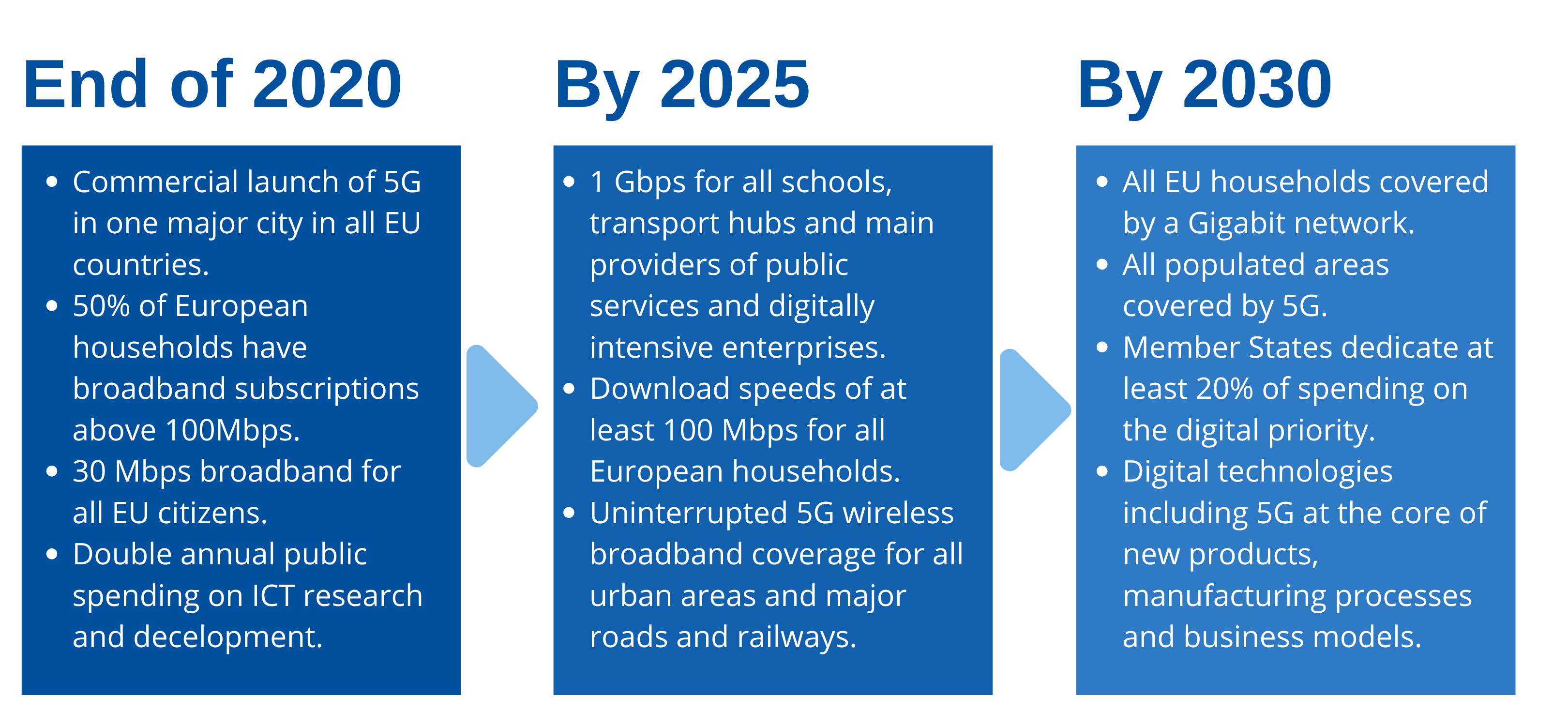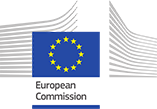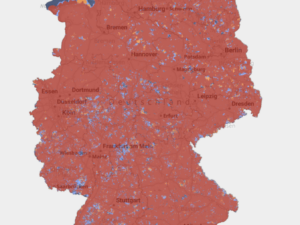EU 5G Initiatives

The first major 5G initiative announced by the EU Commission was the 5G Action plan which was announced in 2016. It established pioneer bands and set 5G targets. One target was the commercial launch of 5G services in all EU countries by 2020. Most EU countries achieved this goal, with only a few still pursuing it.
In 2016, the Commission launched the Gigabit Society. It sets out a vision for connectivity in the EU over the next decade. Major targets include 100 Mbps speed networks for all households and gigabit speeds for key businesses and institutions. 5G can help in achieving these speeds through technologies such as fixed wireless access (FWA).
The initiative also sets 5G specific targets such as uninterrupted 5G coverage in all urban areas and major transport paths and access to mobile data everywhere by 2025.
Announced in 2021, the EU toolbox for 5G security is a set of measures that aim to secure 5G networks in the EU. The toolbox strengthens security requirements for mobile networks, assess the risks posed by suppliers and limits any dependency on a single vendor.
The most recent announcement made by the EU Commission is the EU Digital Decade. Announced in March of 2021, the EU Digital Decade sets out a vision for Europe’s digital transformation by 2030. The initiative is made up of four key areas: ICT skills; business transformation; secure and sustainable digital infrastructures; and digitalisation of public services.
5G plays an important role in this initiative. The Digital Decade sets a goal for coverage of all populated areas and main transport paths by 2030 and regards 5G verticals as digital transformation enablers for businesses.
In September 2021, the EU Commission announced the Path to the Digital Decade, a concrete plan to achieve the digital transformation outlined in the Digital Decade. The Commission plans to work with Member States to develop trajectories that will help assess their progress towards the targets. It will also publish a yearly report that will monitor progress.
The 5G Observatory will monitor progress towards all of these policy initiatives in both its quarterly report and in the news section of this website. Click any of the policy initiatives in the ‘EU initiatives’ menu at the top of the page to see related news stories.










